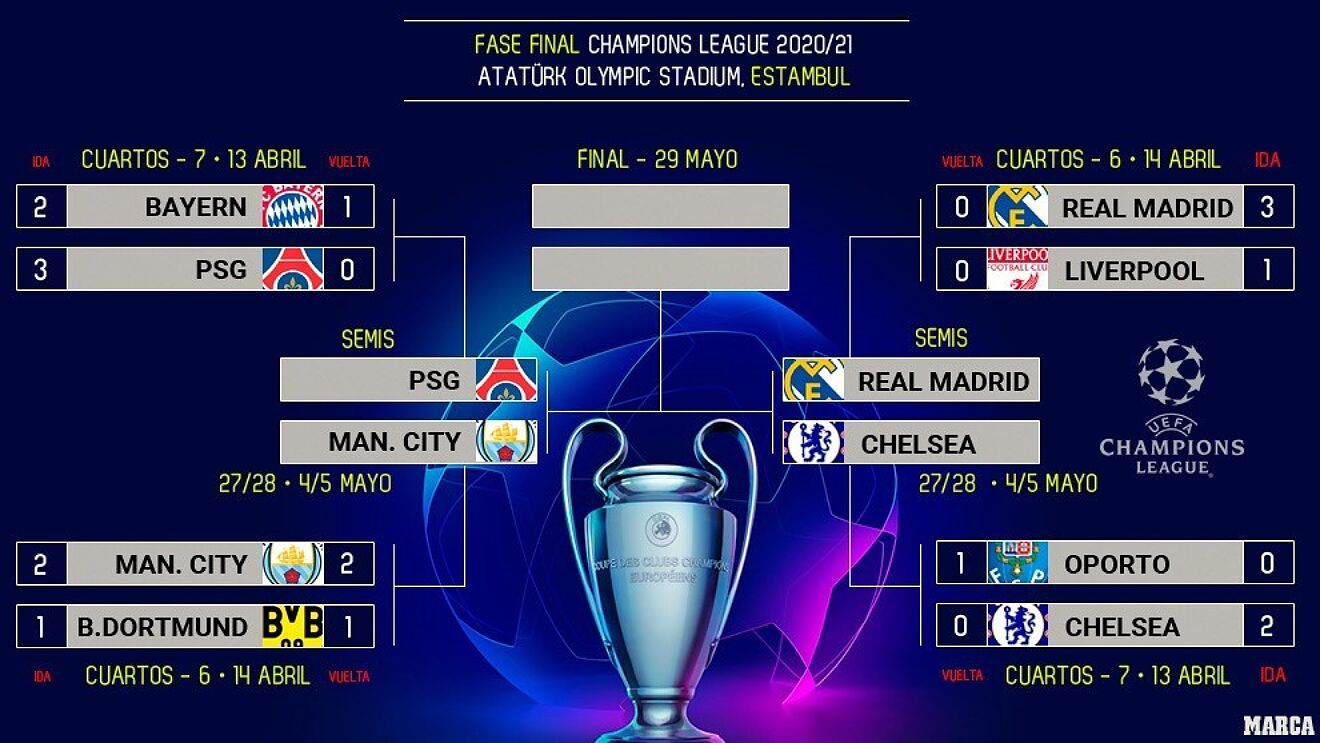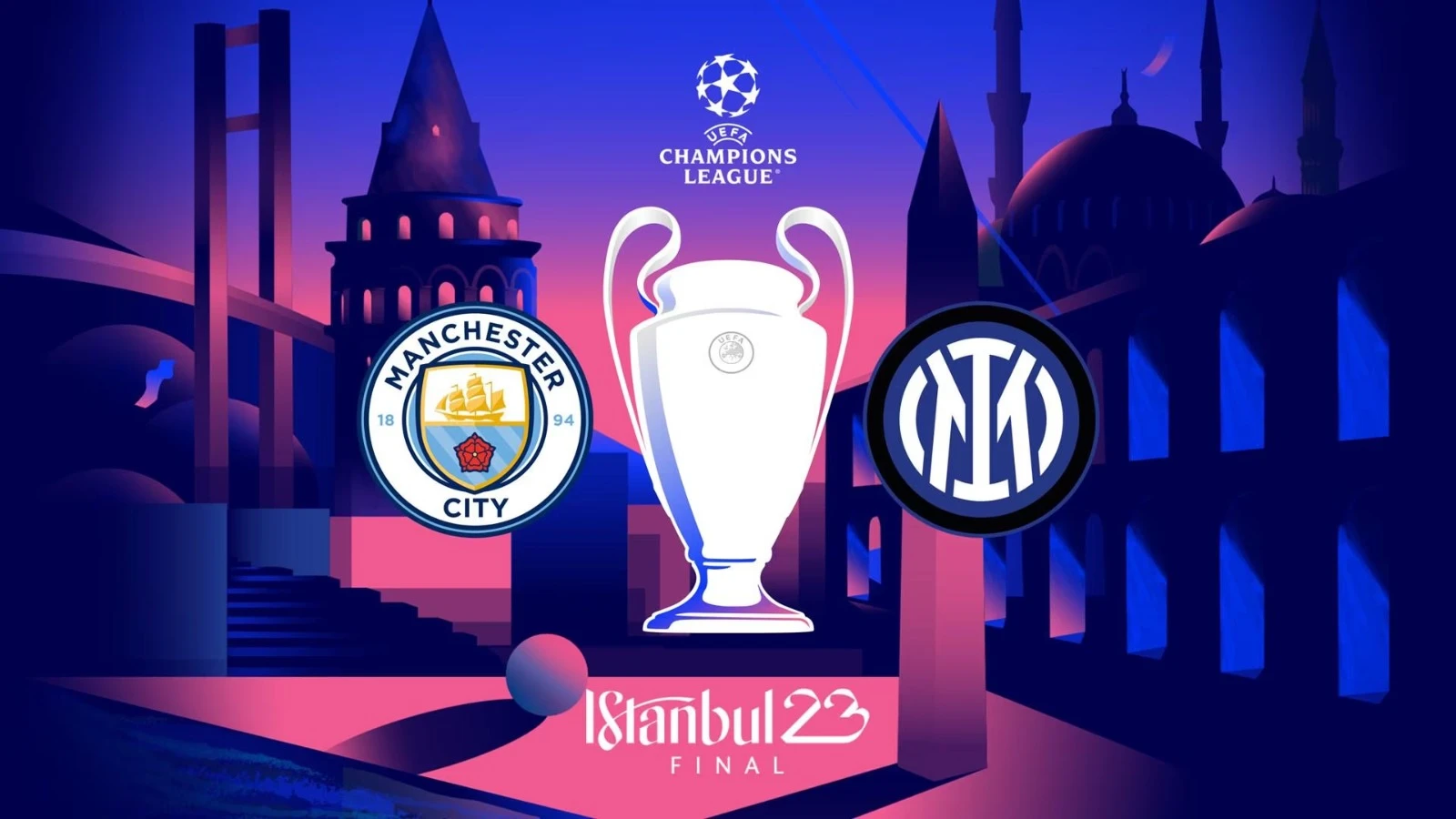Historical Significance and Impact

Champions league finals – The UEFA Champions League Final, the pinnacle of European club football, has evolved into a global sporting and cultural phenomenon over the decades. Its rich history is marked by iconic moments, fierce rivalries, and unforgettable performances that have captivated fans worldwide.
The competition’s origins can be traced back to 1955, when it was known as the European Cup. It was initially a knockout tournament open to the champions of each European national league. The early years saw dominance by Real Madrid, who won the first five titles. Over time, the tournament expanded to include more teams and underwent several format changes.
Key Milestones in Champions League History
- 1960: Real Madrid’s fifth consecutive title establishes them as the tournament’s early powerhouse.
- 1971: Ajax Amsterdam’s triumph under Rinus Michels introduces the world to “Total Football.”
- 1985: Liverpool’s victory over Juventus in the Heysel Stadium disaster casts a shadow over the tournament.
- 1992: The competition is rebranded as the UEFA Champions League, allowing more teams to participate.
- 2003: AC Milan’s dramatic comeback against Liverpool in the Istanbul Final becomes one of the most iconic matches in football history.
- 2018: Real Madrid becomes the first team to win three consecutive Champions League titles.
Cultural and Societal Impact, Champions league finals
The Champions League Final has become a global spectacle, watched by hundreds of millions of fans around the world. It has played a significant role in promoting football as a sport and uniting fans across borders. The competition has also generated substantial economic benefits for host cities and has helped to boost the tourism industry.
Team Performance and Rivalries

The Champions League Finals have witnessed the rise and fall of some of the most legendary teams in football history. Clubs like Real Madrid, Bayern Munich, and Liverpool have dominated the competition, amassing multiple titles and etching their names in the annals of the game.
Success in the Champions League Finals is not merely a matter of luck. Several key factors contribute to the triumphs of these elite teams, including:
Squad Depth and Quality
Top teams possess rosters brimming with world-class talent. They can field multiple starting lineups capable of competing at the highest level. This depth allows them to cope with injuries, suspensions, and tactical changes throughout the tournament.
Tactical Expertise
Managers play a crucial role in the success of Champions League winners. They devise innovative tactics, adapt to different opponents, and inspire their players to perform at their peak.
Experience and Mentality
Teams that have a history of success in the Champions League Finals often possess a winning mentality. They know how to handle the pressure of big games and have the experience to overcome adversity.
Famous Rivalries
The Champions League Finals have been the stage for some of the most iconic rivalries in football history. Matches between Real Madrid and Barcelona, Liverpool and Manchester United, and Bayern Munich and Borussia Dortmund have produced unforgettable moments and captivated millions of fans worldwide.
Memorable Matches
Over the years, the Champions League Finals have produced countless memorable matches that will forever be etched in the minds of football enthusiasts. These matches have featured stunning goals, dramatic comebacks, and unforgettable storylines.
Tactics and Strategies: Champions League Finals

The Champions League Finals is a stage where the world’s best teams clash, showcasing their tactical prowess and individual brilliance. Teams approach the match with meticulously planned strategies, aiming to outwit their opponents and emerge victorious.
Tactical Approaches
Teams in the Champions League Finals typically adopt one of several tactical approaches. Some prefer a possession-based style, maintaining control of the ball and creating chances through intricate passing and movement. Others opt for a more direct approach, relying on quick transitions and exploiting spaces behind the opposition’s defense.
Formations
The choice of formation is crucial in determining a team’s tactical approach. Common formations include the 4-4-2, 4-3-3, and 3-5-2. The 4-4-2 provides a solid defensive base while allowing for attacking width. The 4-3-3 offers a more balanced approach, with a midfield trio providing both creativity and defensive cover. The 3-5-2 emphasizes defensive stability and allows for quick counterattacks.
Individual Contributions
While tactical formations provide a framework, individual players can make a significant impact on the outcome of a match. Star players with exceptional skill, creativity, and decision-making abilities can create and exploit scoring opportunities, dictate the tempo of the game, and inspire their teammates.
Key Moments
The Champions League Finals often hinge on key moments that can dramatically alter the course of the match. These moments could include a crucial save, a missed penalty, or a moment of brilliance from an individual player. Teams that capitalize on these opportunities and maintain their composure under pressure are more likely to emerge victorious.